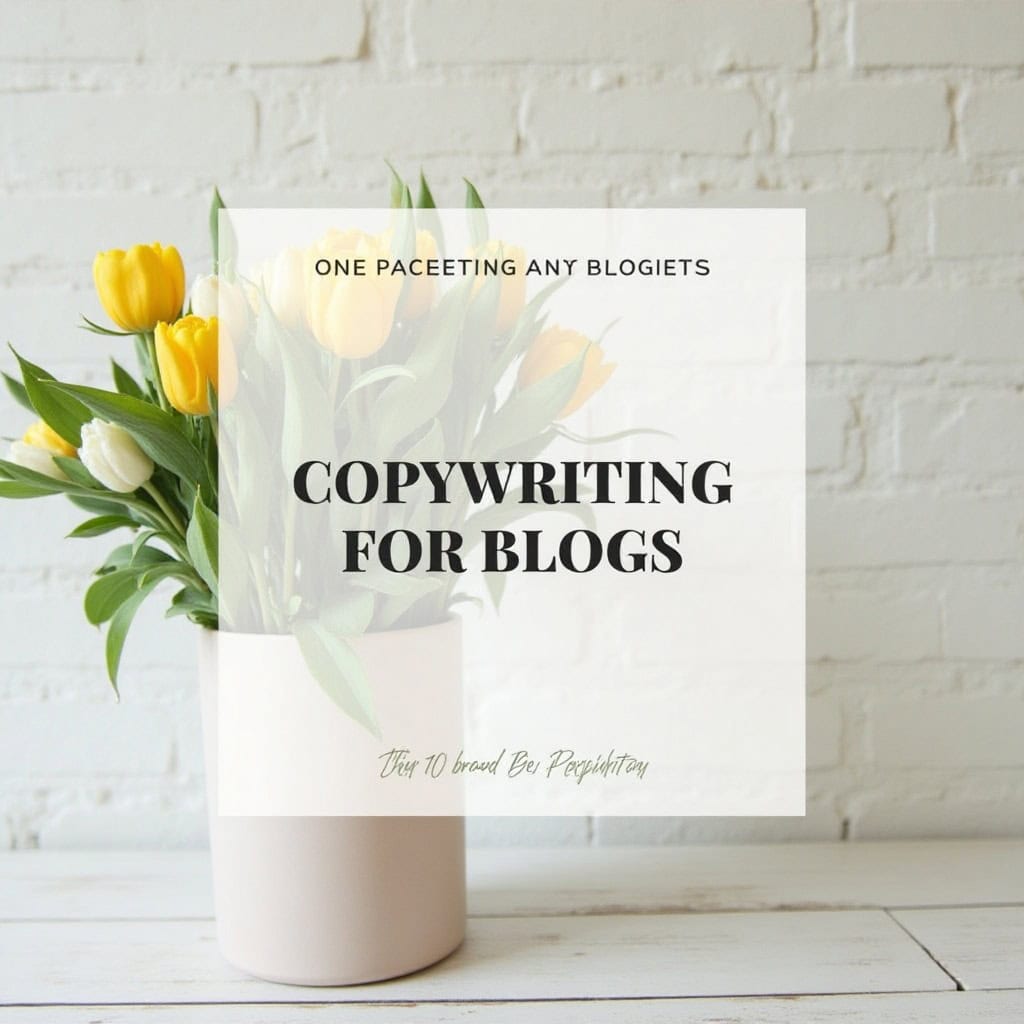Welcome to our online quiz on copywriting for blogs and articles! Whether you’re a seasoned writer looking to improve your skills or a beginner just starting out, this quiz is perfect for anyone looking to enhance their copywriting abilities. In this quiz, we’ll cover topics such as creating engaging headlines, using persuasive language, and structuring your content for maximum impact.
Copywriting is a crucial skill for anyone looking to attract and retain readers to their blog or website. With the right techniques, you can captivate your audience and keep them coming back for more. This quiz will test your knowledge on the best practices for writing compelling and effective copy that will drive traffic to your site and keep your readers engaged. Good luck!
Play Copywriting For Blogs And Articles Quiz
Instructions
- This quiz is multiple choice.
- Read each question carefully before selecting an answer.
- Choose the best answer for each question.
- You will see the missed questions with correct answers at the end of the quiz.
Quick Facts
- Writing for websites and online publications requires a specific set of skills and techniques.
- Creating content for online platforms involves crafting engaging and informative pieces.
- Effective writing for the internet involves understanding the target audience and their preferences.
- Producing content for blogs and online articles involves research and creativity.
- Using the right words and tone can make a big difference in how readers engage with your content.
- Good writing for online platforms can help increase website traffic and engagement.
- Understanding SEO and keywords is essential for writing successful online content.
- Writing for blogs and articles requires a balance between information and entertainment.
- Practicing writing regularly can help improve your skills in creating online content.
- Learning how to communicate ideas effectively through writing can open up many opportunities in the online world.
Downloads
Study Tips
- Create a study schedule and stick to it.
- Find a quiet and comfortable study environment.
- Remove distractions such as phones and social media.
- Take breaks every 25-30 minutes to avoid burnout.
- Use active studying techniques like summarizing, highlighting, and teaching concepts to someone else.
- Practice retrieval by testing yourself with flashcards or practice quizzes.
- Stay organized with notes, study guides, and resources.
- Stay hydrated and eat brain-boosting foods like fruits, nuts, and whole grains.
- Get enough sleep to improve memory retention and cognitive function.
- Reward yourself for reaching study goals to stay motivated.

